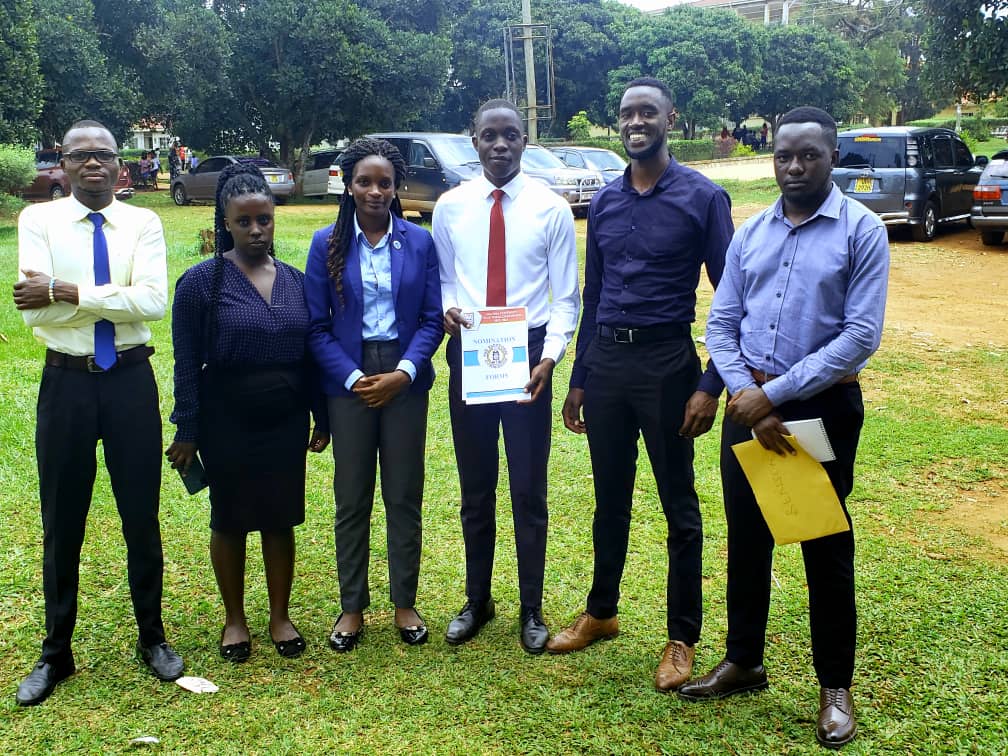Gideon Mwanje
The legal definition of Artificial Intelligence (A.I.) has long been shrouded in ambiguity, with various interpretations arising from the depths of different fields.
In this article, we embark on a journey to unravel the legal implications of A.I. and explore the notion of whether it can be granted the status of a legal persona.
Join us in dissecting this complex topic as we delve into the realms of technology, law, and human imagination.
To start with, A.I. is not a single entity but a diverse realm of innovation, where definitions vary according to the context.
From the intricacies of A.I. creators to the frameworks they employ, understanding A.I. is no small feat.
However, in regard to the legal point of argument at hand, allow me borrow from the United Kingdom National Security and Investment Act 2021 (Notifiable Acquisition) (Specification of Qualifying Entities) Regulations 2021, which define A.I. as “technology enabling the programming or training of a device or software to – (i) perceive environments through the use of data; (ii) interpret data using automated processing.

You should also note that A.I. is sometimes defined as the simulation of human thought processes in a computerized model. According to John McCarthy, in his 2007 paper, “What is Artificial Intelligence?” after studying the operation of A.I well.
He concluded with a well-known definition that it is the science and engineering of making intelligent machines. To him, this appeared as the entire process of understanding A.I better at a logic approach, among other definitions.
Our focus now shifts to a tantalizing question, Can A.I. be considered a legal person? A legal person is one who can sue and be sued, holding rights and obligations under the law.
Traditionally, this concept has been applied to corporations, partnerships, and limited liability companies. These entities, upon incorporation and registration, acquire the legal standing to act in their corporate names.
However, the tide is turning, as exemplified by the Citizens United v. Federal Election Commission case, where corporations gained legal personhood for political contributions.
Under Election Law in U.S.A, a Legal person also has relevance in election law. In Citizens United v. Federal Election Commission, 558 U.S. 310 (2010), the Supreme Court in this case upheld legal personhood for corporations that want to contribute to political campaigns.
In a rapidly evolving technological landscape, the notion of A.I. gaining legal personhood has sparked intense debates.
With A.I. systems evolving to reason akin to humans, some argue that they should also be recognized as legal persons, complete with rights and liabilities. Policymakers worldwide are grappling with this idea, while positivism theorists advocate for the legal recognition of A.I.’s role in society.

The road to A.I. legal personhood is fraught with challenges. Threatening A.I. and automated decision-making processes raise concerns about potential harm to humanity. Robots, once mere machines, are now assuming roles that extend beyond the factory floor, including becoming advocates.
Notably, Saudi Arabia even granted citizenship to a robot named Sonia. But can A.I. truly become legal persons, and what rights and responsibilities would that entail?
As the world wrestles with these questions, it’s essential to consider the ramifications of granting A.I. legal personhood. This includes the allocation of copyright for works created by A.I., shifting liability from creators to the A.I. itself, and potential legal actions against A.I. companies.
Take self-driving cars, for example: currently, owners are liable in case of accidents, but this responsibility could change if A.I. is recognized as a legal entity.
Just as corporations became legal persons despite their inability to think independently, A.I. could follow suit. As A.I. systems advance, we must address issues of safety, data protection, and the potential for A.I. to surpass human intelligence. The transformative power of A.I. cannot be denied, and it’s crucial to navigate this brave new world with care, implementing stringent policies and regulations to harmonize A.I.’s legal personality with the evolving needs of society.
As we interact with A.I. in various facets of life, we must also consider the risks of A.I. evolving beyond human control.
The intellectual war machines loom large, prompting us to reflect on Albert Einstein’s cautionary words. In this intricate dance between technology and law, the journey of A.I. toward legal personhood continues, guided by the ever-evolving landscape of human innovation.

The author is a Law student currently enrolled for Law and Information Technology Class.






















Discussion about this post